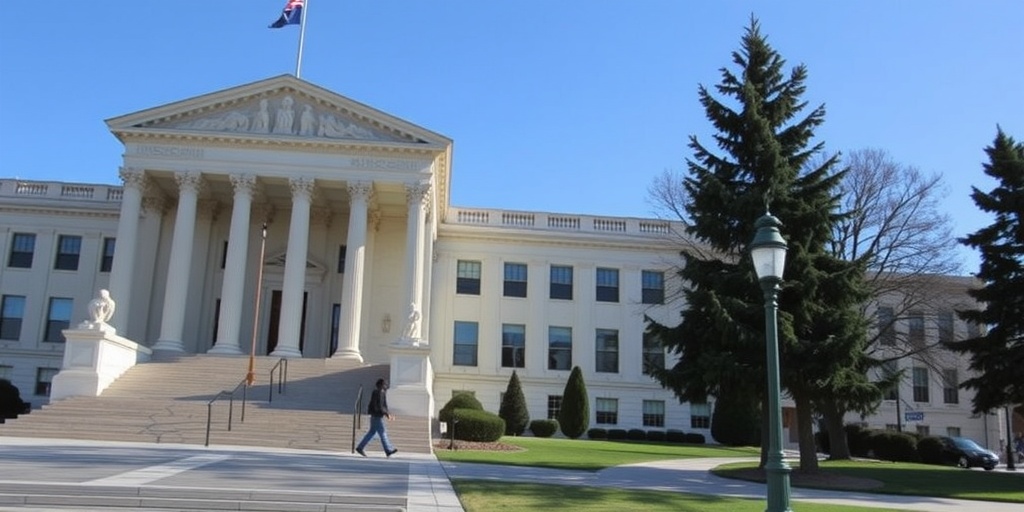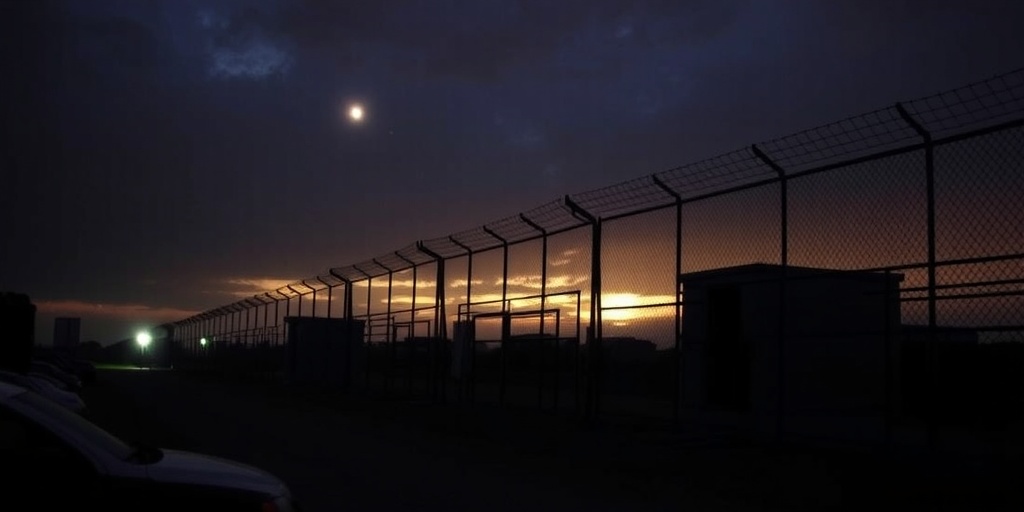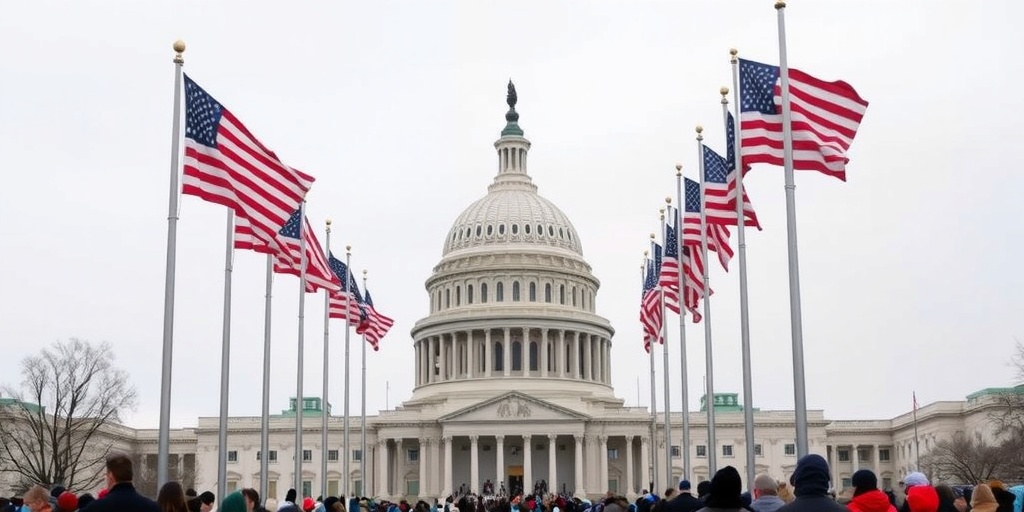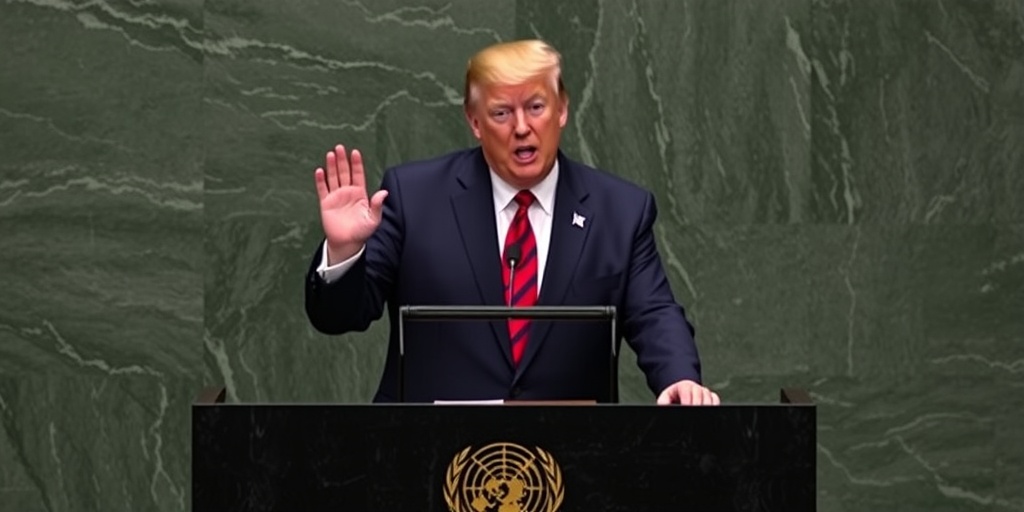Now Reading: Justice Dept. Expands Scope of Trump’s Jan. 6 Pardons
-
01
Justice Dept. Expands Scope of Trump’s Jan. 6 Pardons
Justice Dept. Expands Scope of Trump’s Jan. 6 Pardons
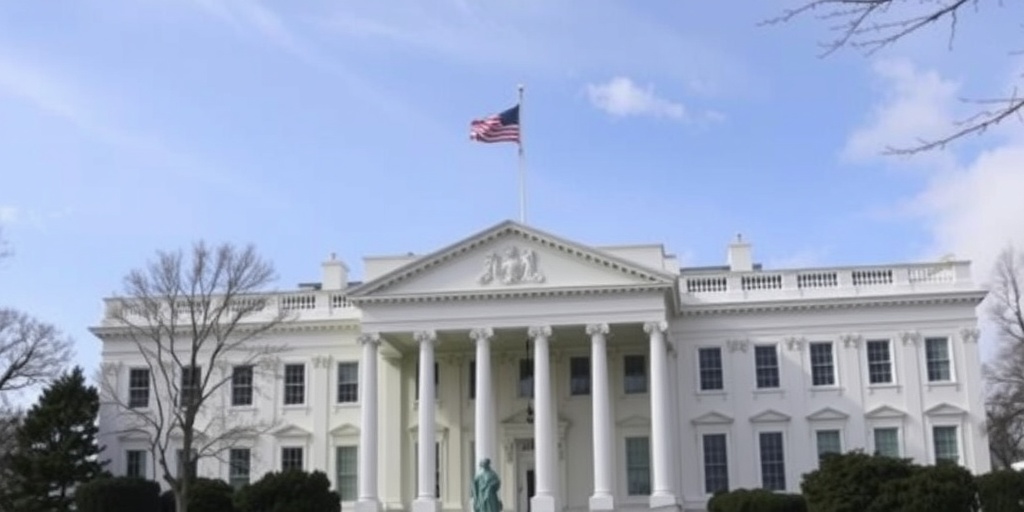
Title: Legal Developments in Jan. 6 Cases: The Impact of Trump’s Clemency
In a significant legal development, jurors in Tampa recently dealt with the case of Jeremy Brown, a former Special Forces soldier, who faced serious charges related to the Jan. 6, 2021, Capitol attack. During an F.B.I. search of Brown’s Florida home four years ago, agents uncovered troubling evidence: an unregistered assault rifle, two live fragmentation grenades, and a classified Army "trip report" authored by Brown himself. Ultimately, he was convicted for illegally possessing these weapons and classified material, receiving a lengthy prison sentence of over seven years. This occurred before he was even indicted for his actions related to the Capitol attack.
However, on Tuesday, a twist unfolded in Brown’s case when federal prosecutors indicated that his charges linked to Jan. 6 were tied to a broader clemency decree issued by then-President Donald Trump. On his first day in office, Trump proclaimed that anyone charged in connection with the Capitol attack should either receive a pardon or have their cases dismissed. As a result, if a judge agrees with the prosecutors, Brown’s other charges could potentially be dismissed too, allowing him to leave prison well before serving his full sentence.
The Justice Department has previously emphasized that various criminal cases stemming from the Jan. 6 investigations—particularly those involving weapons discovered during related searches—should be considered under Trump’s sweeping pardons. Ed Martin, the acting U.S. attorney in Washington, has supported this interpretation, citing similar cases, such as that of Daniel Edwin Wilson, another defendant pardoned by Trump. Wilson had pleaded guilty to charges related to obstructing officers during the Capitol incursion while also admitting to possessing illegal weapons found at his home during investigations.
Interestingly, just weeks before this development, Martin had dismissed the notion that weapon charges fell under Trump’s clemency. However, in a surprising shift, he recently clarified that he gained a better understanding of the presidential pardon’s intent, proposing that it encompassed firearm convictions linked to Jan. 6 defendants.
The clemency proclamation stated unequivocally that anyone charged with offenses related to the Capitol incident on January 6 should be paroled or exonerated. Consequently, prosecutors are increasingly leaning toward a position that connects other criminal actions uncovered during investigations as being directly related to the Capitol assault.
This week, a federal prosecutor moved to dismiss gun charges against Daniel Charles Ball, another pardoned rioter. Just three days after receiving clemency, Ball found himself charged with illegally possessing a firearm during a search related to his Jan. 6 involvement. In another case, federal prosecutors in Maryland initiated proceedings to release Elias Costianes, a drug dealer serving a sentence for weapon possession, citing Trump’s pardon as the basis for his release, despite his prior illegal activities.
It is crucial to note that the Justice Department does not uniformly extend clemency to all Jan. 6-related activities. For instance, the department has drawn distinctions, notably in the case of Edward Kelley, a rioter who was convicted of plotting to murder F.B.I. agents investigating him. Prosecutors argued that Kelley’s murder conspiracy—conducted in Tennessee long after Jan. 6—was a completely separate criminal act and not related to the Capitol uprising.
Additionally, the U.S. Attorney’s office in Washington has indicated a determination to persist with prosecution against Taylor Taranto, a pardoned rioter arrested for possessing a dangerous cache of weapons and explosives materials near the home of former President Barack Obama in June 2023. While all Jan. 6-related charges against him were dismissed following Trump’s instructions, officials chose not to drop separate offenses linked to his arrest, emphasizing that Taranto’s actions did not occur at the Capitol on Jan. 6.
These developments signal a rapidly evolving legal landscape for those who participated in the Capitol riot and highlight the complexities surrounding interpretations of presidential pardons and their applications to various criminal charges. As prosecutors navigate these convoluted cases, legal precedents and interpretations will likely continue to shape the outcomes for defendants linked to one of the most tumultuous days in recent American history. The ripple effects of Trump’s clemency have opened doors for many to potentially escape further legal repercussions, raising questions about accountability for actions taken during the Capitol attack. The outcome of Jeremy Brown’s case, specifically, may set an important precedent for similar defendants seeking relief from their charges in the future.
Stay Informed With the Latest & Most Important News
Previous Post
Next Post
-
 01New technology breakthrough has everyone talking right now
01New technology breakthrough has everyone talking right now -
 02Unbelievable life hack everyone needs to try today
02Unbelievable life hack everyone needs to try today -
 03Fascinating discovery found buried deep beneath the ocean
03Fascinating discovery found buried deep beneath the ocean -
 04Man invents genius device that solves everyday problems
04Man invents genius device that solves everyday problems -
 05Shocking discovery that changes what we know forever
05Shocking discovery that changes what we know forever -
 06Internet goes wild over celebrity’s unexpected fashion choice
06Internet goes wild over celebrity’s unexpected fashion choice -
 07Rare animal sighting stuns scientists and wildlife lovers
07Rare animal sighting stuns scientists and wildlife lovers













